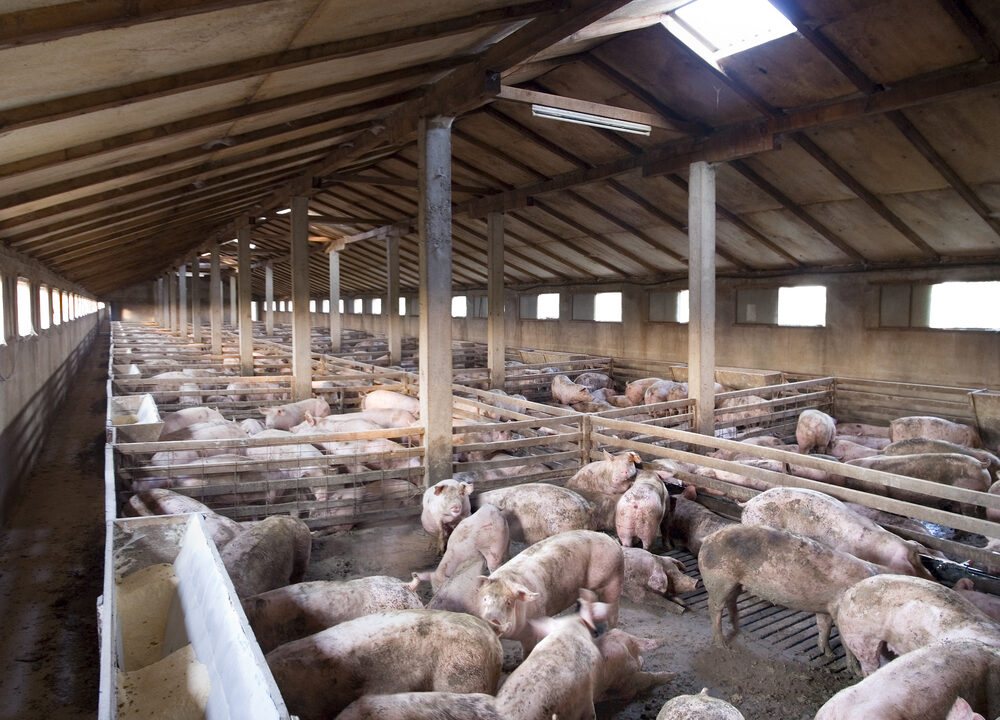Concerns are mounting in Germany after African swine fever (ASF) was detected in Belgium last year and – more recently – was recently confirmed across western Poland, placing it a few dozen kilometers from Germany on both sides of the country.
A confirmed German case of ASF would “disrupt an industry deeply rooted” in the home of the world-renowned German sausages such as bratwurst, currywurst and frankfurters, according to an article recently published on Bloomberg.
Commenting on concerns surrounding ASF outbreaks approaching the German border, the German agriculture minister Julia Kloeckner said: “We don’t know what will happen, but we are trained how to act and react.”
Speaking this week in Brussels, she outlined: “For us, it’s important to inform everybody – to inform tourists, to inform the farmers, and to prevent swine fever.”
According to Bloomberg, German hunting dogs are being trained to sniff out dead wild boar, authorities are stockpiling electric fences along the eastern frontier and the government in Berlin is urging drivers not to toss ham-sandwich scraps out of their car windows, in a bit to keep the country ASF free.
Despite its relatively small size compared with producers like China or the US, Germany is described as “a heavyweight” in the global pork trade and accounted for 15% of the world’s exports in 2017.
ASF – which is not a risk to human health – “threatens to end the boom times for German pig farmers”, according to the publication.
Authorities in Germany are currently practicing measures they would take to cordon off sick swine and restrict the movement of everything – from trucks carrying pigs to hunters and joggers.
While Germany is home to some 26 million pigs, most are raised indoors and farmers take strict steps in efforts to maintain a high biosecurity level.
